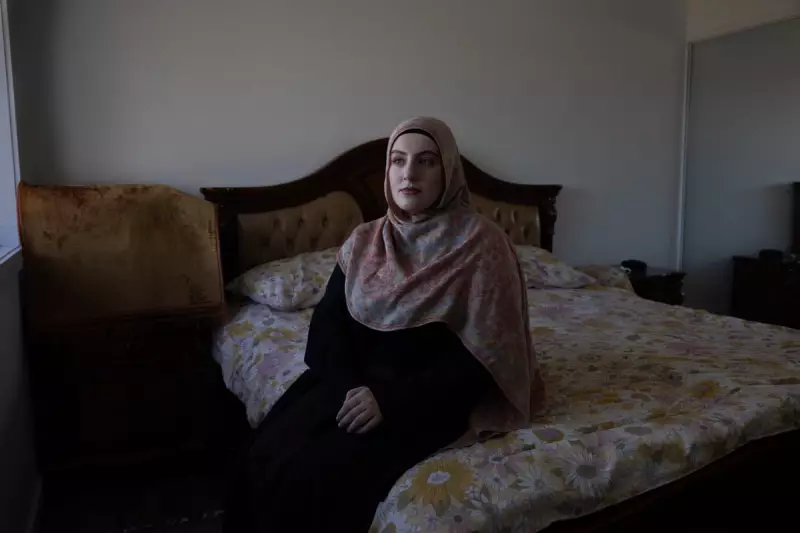
A disturbing new pattern is emerging across Britain's streets, parks, and public transport networks. Muslim women are systematically changing how they dress, speak, and move through public spaces to avoid becoming targets of racist abuse and physical violence.
The Silent Strategy of Self-Preservation
What began as isolated incidents has evolved into a coordinated strategy of self-preservation. Women report avoiding certain routes, travelling only in daylight hours, and consciously modifying their clothing to attract less attention. Many have stopped wearing traditional hijabs or religious dress altogether when alone.
"I used to love my evening walks," shares Aisha, a 28-year-old teacher from London. "Now I calculate risk like a security consultant. Which route has the most people? Should I wear my bright blue hijab or the grey one? It's exhausting constantly assessing threats that shouldn't exist."
The Data Behind the Fear
Recent statistics reveal this isn't mere perception. Reported Islamophobic incidents have increased by over 40% in some regions, with women disproportionately targeted. The true numbers are likely higher, as many incidents go unreported due to fears of retaliation or distrust in authorities.
Key behavioural changes reported include:
- Avoiding public transport during off-peak hours
- Changing traditional clothing to Western attire
- Using rideshare services instead of walking
- Pretending to be on phone calls for safety
- Teaching children to hide religious identity in public
The Psychological Toll
Beyond the immediate safety concerns, mental health professionals report increased cases of anxiety, depression, and agoraphobia among Muslim women. The constant vigilance required to navigate public spaces creates what psychologists term "ambient trauma" - a low-grade continuous stress that affects daily functioning.
Dr. Farah Hussain, a clinical psychologist specialising in trauma, explains: "When you constantly modify your behaviour to avoid danger, you're essentially living in a state of heightened alert. This has profound effects on mental health, community engagement, and even physical wellbeing."
A National Crisis Requiring Urgent Response
Community leaders are calling for stronger government action, including better hate crime reporting mechanisms, increased police presence in vulnerable areas, and educational campaigns to combat Islamophobia. Many argue that until broader societal attitudes change, women will continue paying the price for their visibility.
As Aisha starkly concludes: "We're being pushed out of public spaces. I'd rather be bored at home than in danger on the streets. That's not a choice anyone should have to make in 2025."





